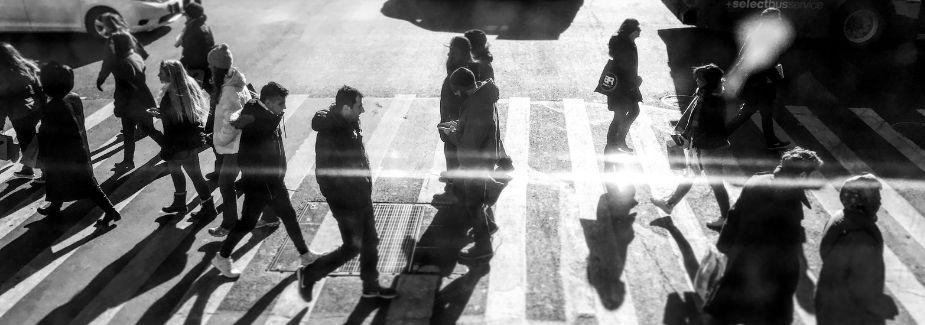What Does the Imago Dei Mean for Us?

Theologian Nicholas Wolterstorff makes the case that the idea of human rights came from Christian reflection on the core belief that God created humans in His image, or the "Imago Dei." This is a central Christian tenet that means every person has worth and dignity as image-bearers of God.
When the psalmist declares that God is “A father to the fatherless, a defender of widows,” it is a declaration of God’s heart towards those who society has deemed "discarded." God is declaring each person has inherent value. This is captured in the creation narrative in Genesis 1:27:
So God created mankind in his own image, in the image of God he created them; male and female he created them.
The implication is that all of humankind bears God’s image, and are to be seen and treated with dignity from the very beginning of life to its end, regardless of what status they hold in society.
As Tim Keller writes,
Proverbs tells us that God identifies with the poor: “If you do it to the poor, you do it to me.” Matthew 25 says the same thing. This means that on judgment day God will be able to judge a person’s heart attitude toward Him by the person’s heart attitude toward the poor. It also means, however, something more profound. In Proverbs and Matthew 25, God identifies with the poor symbolically. But in the incarnation and death of Jesus, we see God identifies with the poor and marginal literally. Jesus was born in a feeding trough. All this gives new meaning to the question: “Lord, when did we see you hungry or thirsty or naked or in prison?” The answer is—on the cross, where he died amidst the thieves, among the marginalized. No wonder one could say that once you see Jesus becoming poor for us, you will never look at the poor the same way again.
For Reflection:
- What would it look like if Christians throughout the city, from all different backgrounds as a household of faith, were known for their work of justice and mercy in the city? What would the world say of us? What would the gospel look like when Christians act as neighbors who are seeing vulnerable people in light of the Imago Dei?
- Christ valued this Imago Dei so much that he became human. His life was of the perfect Image of God in his humanity. He came embodied. He healed with a human touch. He heard with human ears and he saw with human eyes. God is inviting you to see, hear and to be embodied hands and feet to move towards those who are unseen.
- Take a moment to pray for what God wants you to see as you enter into spaces where people are not seen because their Imago Dei has been marred by the Fall.
- Praise God for the work of HFNY affiliates who are pushing against the marring of the Imago Dei and declaring that on behalf of the gospel they are serving and coming alongside our neighbors in the city.
